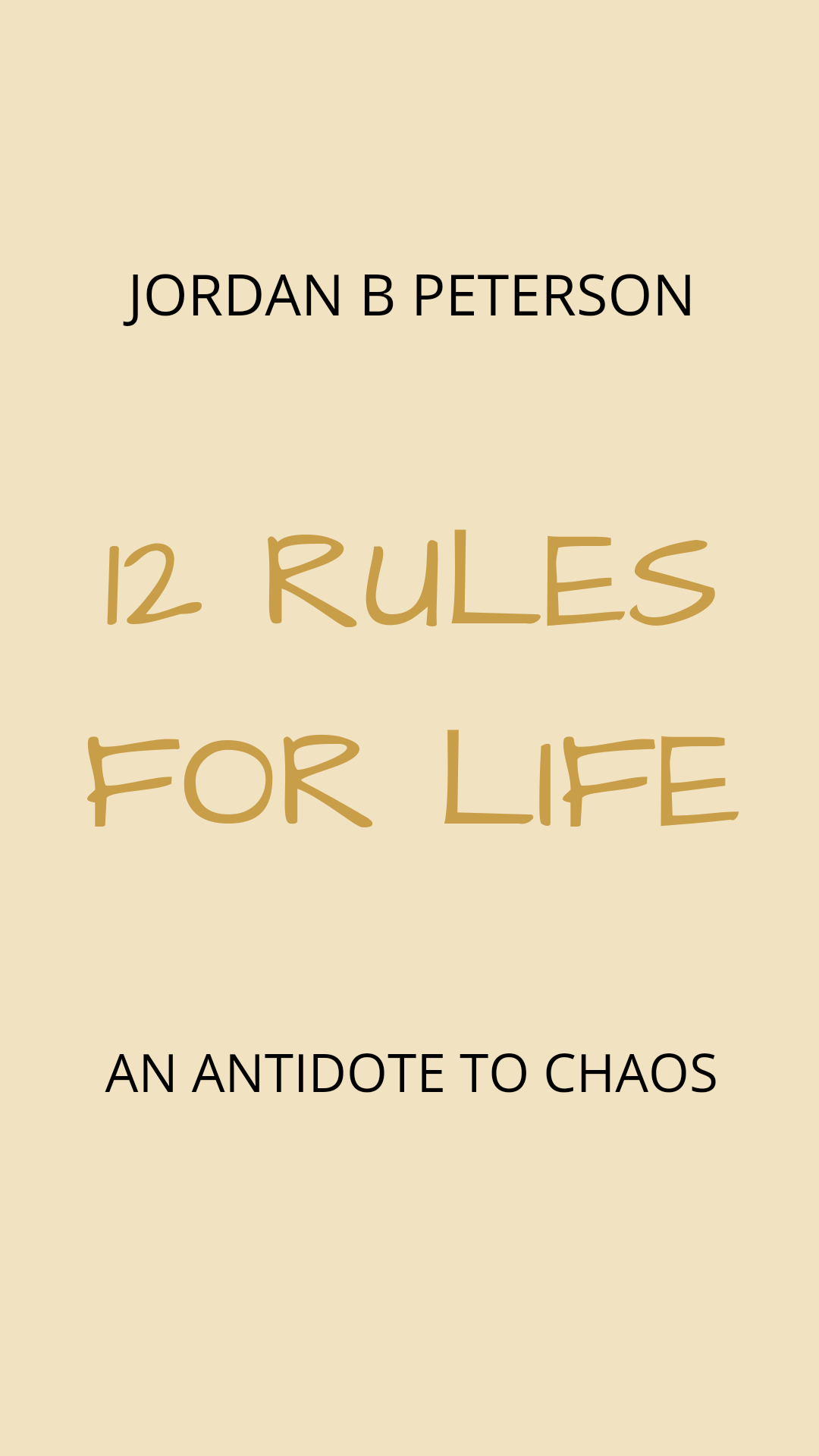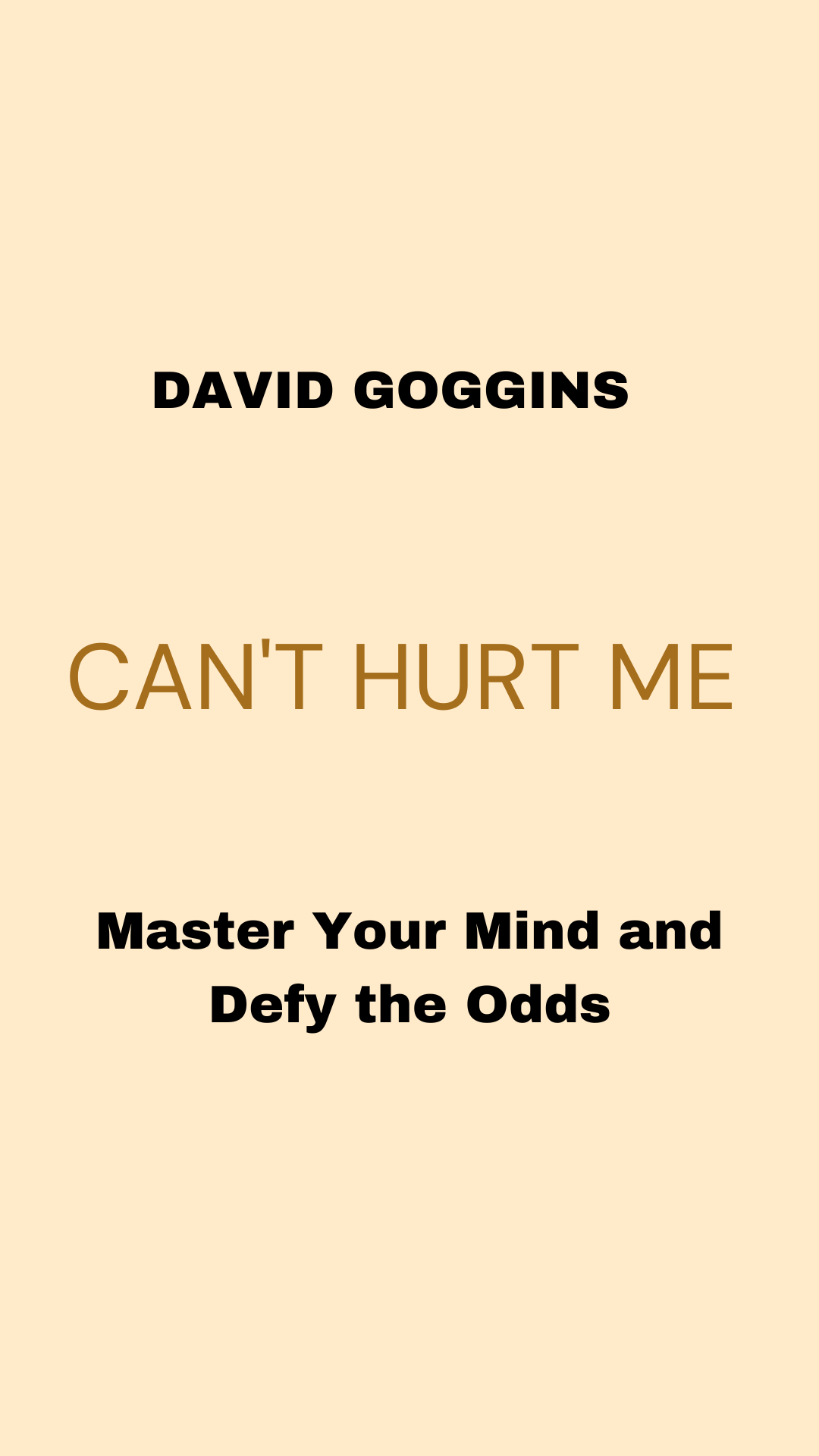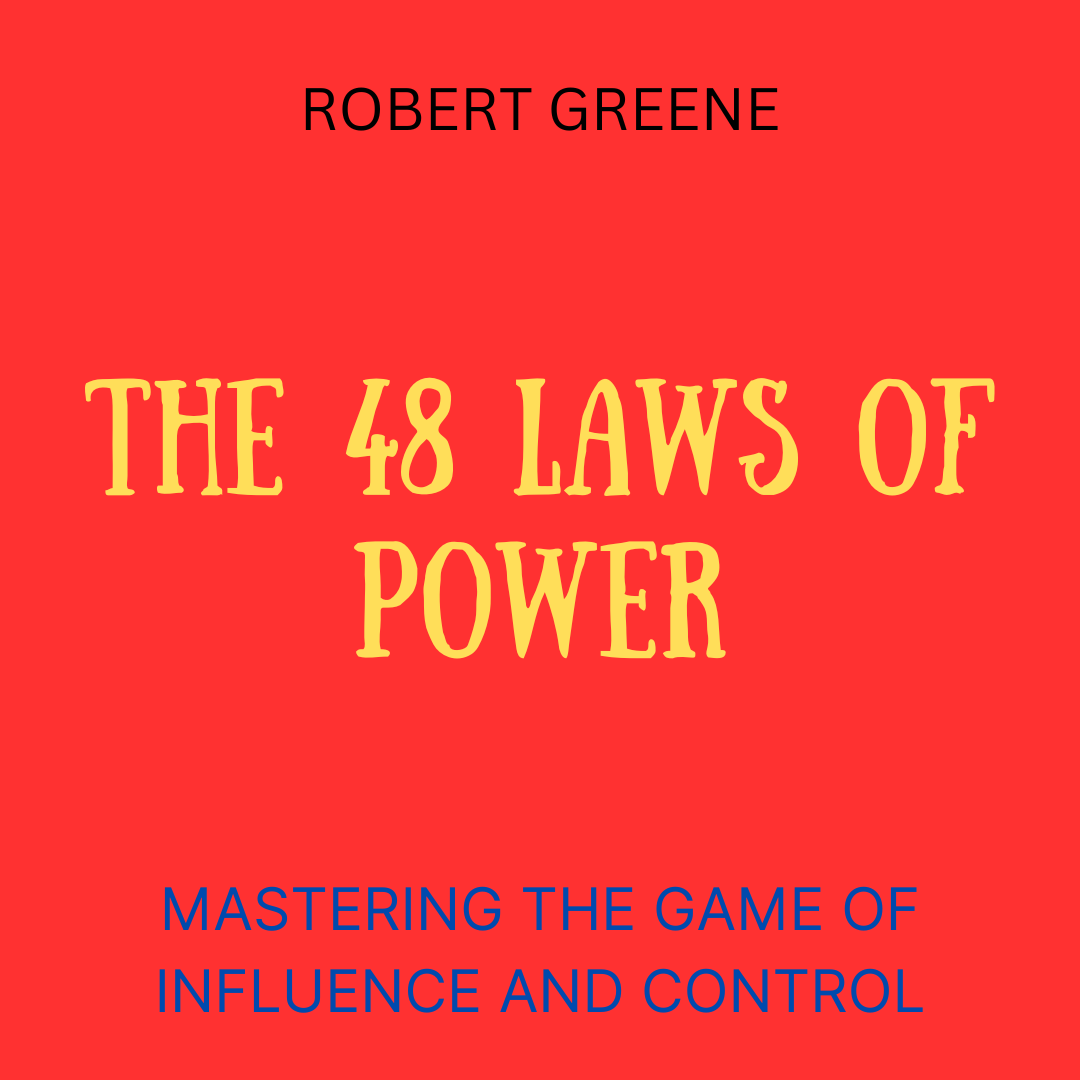
Book Description
"12 Rules for Life: An Antidote to Chaos" by Jordan Peterson offers a compelling blend of psychology, philosophy, and practical wisdom aimed at helping individuals navigate the complexities of life. Each of the twelve rules serves as a guiding principle, encouraging readers to seek order and meaning in a chaotic world. The first rule, "Stand up straight with your shoulders back," underscores the significance of posture—not just physical, but also mental. Peterson argues that adopting a confident stance reflects a willingness to confront challenges and take responsibility for one’s life. This posture symbolizes a readiness to engage with the world rather than retreat from it. In "Treat yourself like someone you are responsible for helping," Peterson highlights the tendency many have to care for others while neglecting their own needs. He suggests that individuals should practice self-compassion, nurturing their well-being with the same care they would offer to a loved one. This mindset fosters a healthier relationship with oneself, promoting personal growth.
"Make friends with people who want the best for you" emphasizes the importance of surrounding oneself with positive influences. The relationships we cultivate can significantly impact our mental health and personal development. By choosing friends who genuinely support and uplift us, we create an environment conducive to growth and resilience. The fourth rule, "Compare yourself to who you were yesterday, not to who someone else is today," encourages a focus on personal progress rather than harmful comparisons with others. Peterson argues that self-improvement is a unique journey for each individual, and measuring oneself against one’s past self fosters a healthier and more motivating perspective. In "Do not let your children do anything that makes you dislike them," Peterson addresses the critical role of parenting. He emphasizes the importance of setting boundaries and teaching children appropriate behavior to ensure they grow into well-adjusted adults. This rule reflects the necessity of discipline and its impact on familial relationships.





